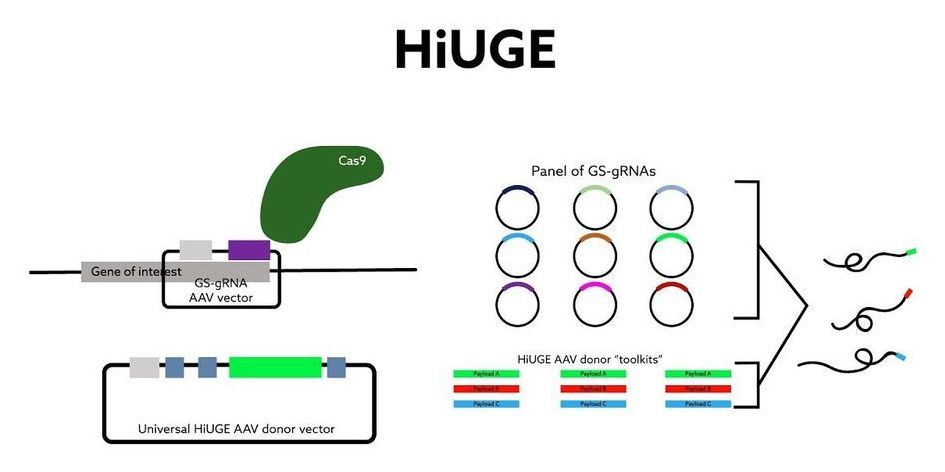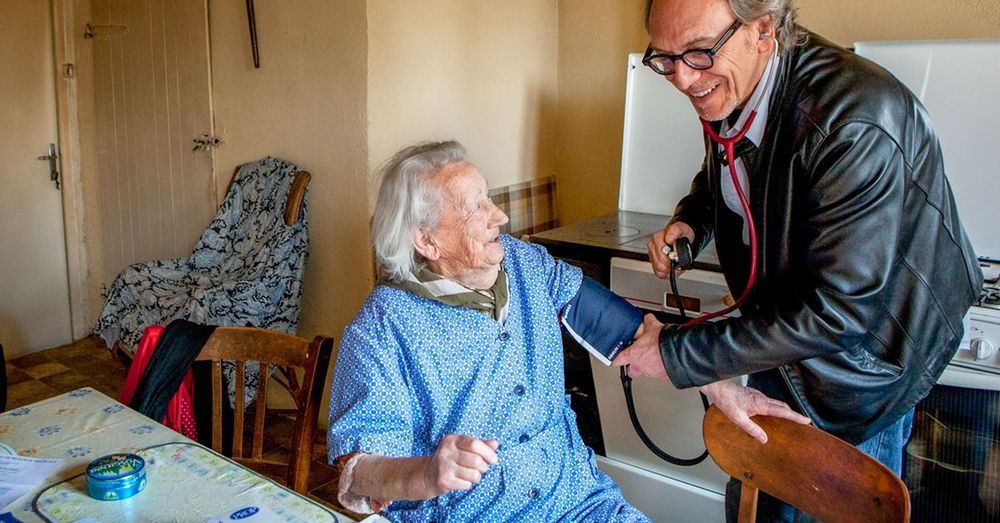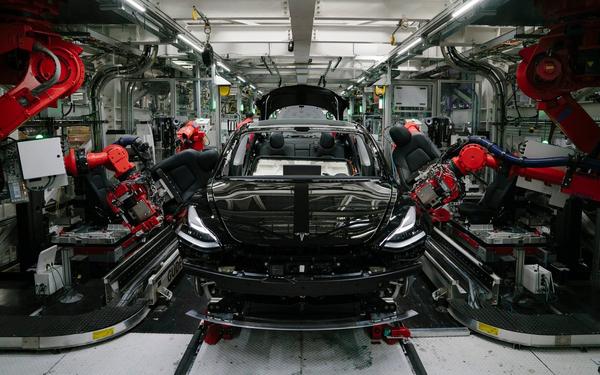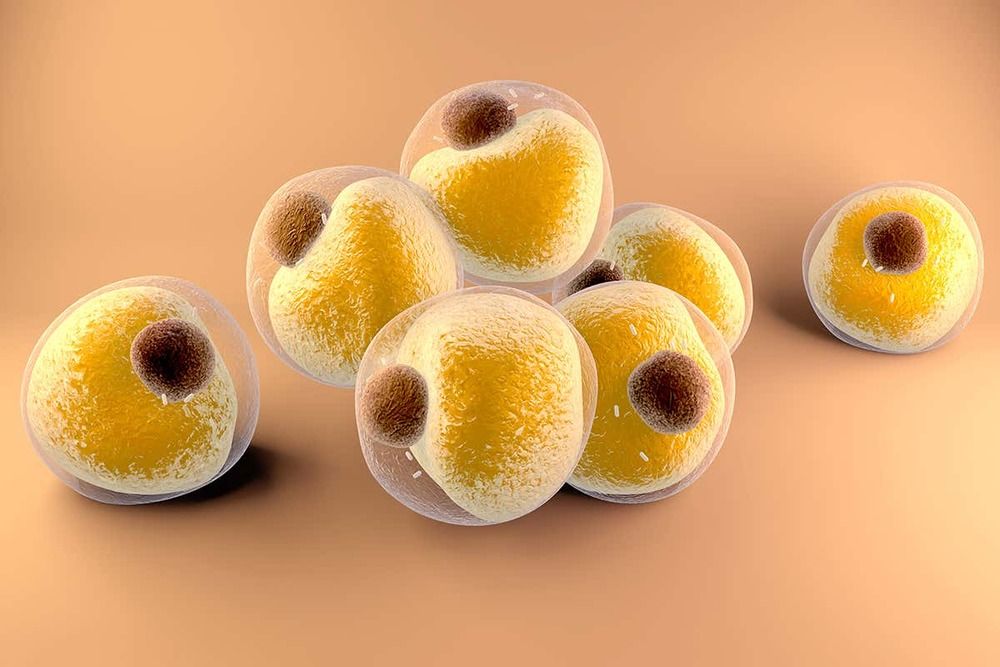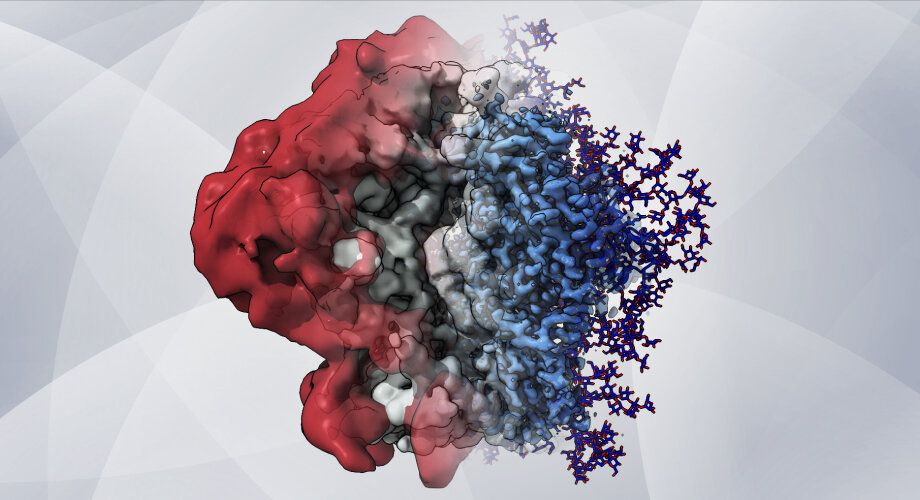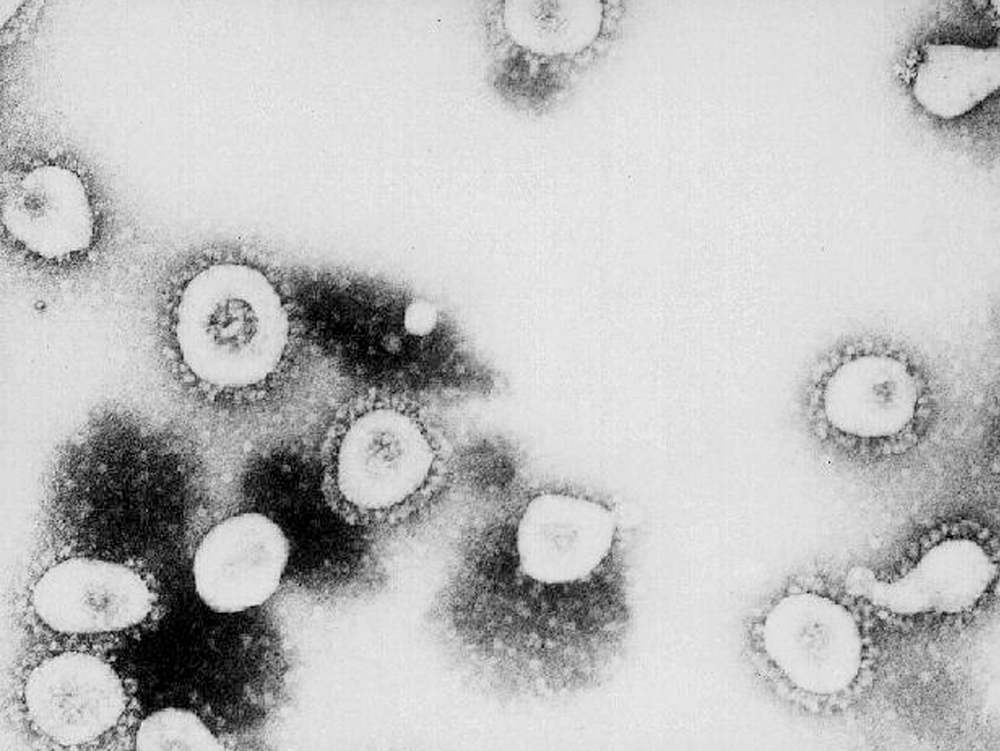Oct 25, 2020
The Elysium effect: The coming backlash to the billionaire ‘NewSpace’ revolution
Posted by Malak Trabelsi Loeb in categories: biotech/medical, Elon Musk, space
In the 2013 science fiction film “Elysium” starring Matt Damon, Earth’s wealthiest 0.01% move to the ultimate gated community, a luxurious orbiting space colony, leaving a poverty-stricken humanity to fend for themselves on a ravaged planet.
Interestingly, it is indeed some of today’s 0.1% who are leading the way into space to build communities beyond Earth. However, quite the opposite of the movie, their goals are of the highest order, from democratizing access to space by lowering costs, to creating new products and ideas, to helping save the planet and opening space to future generations.
Yet, given the effects of the coronavirus pandemic, social justice and green movements, even as entrepreneurs like Elon Musk, Jeff Bezos and Richard Branson spend billions to support a human breakout into space, there is a backlash building that holds these projects as icons of extravagance — even as their work may help save the Earth. This is the “Elysium effect.”


